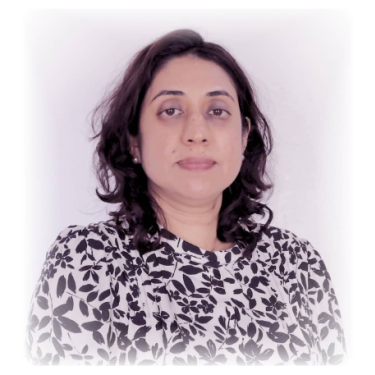RSF recounts Eritrea’s press freedom failings to African human rights body

An Eritrean official told a meeting of the African Commission on Human and Peoples’ Rights (ACHPR) that his country respects press freedom but Reporters Without Borders (RSF), which attended the meeting, demolished his claim, reporting that Eritrea has held journalists for longer than any other country in the world and has banned independent media for more than 20 years.
Eritrean law “protects the citizens' inalienable rights for lawful expression of opinion and access to information without interference,” Biniam Berhe, Eritrea’s chargé d’affaires in Addis Ababa, told the ACHPR’s 77th ordinary session in the Tanzanian city of Arusha during a presentation on 29 October on the human rights situation in his country from 2017 to 2020.
Thanks to its observer status with the ACHPR, Africa’s leading human rights body, RSF has attended this session and was able to refute the claims made in the report presented by Berhe, who is also Eritrea’s representative at the African Union, the ACHPR’s parent organisation.
Berhe’s report claimed that Eritrea respects media freedom and media pluralism but at no point did it mention that Eritrea is holding 11 journalists without ever bringing them to trial. Four of them, including Dawit Isaak, the co-founder of Eritrea’s first independent newspaper, have been held without trial for 22 years, longer than any other journalists in the world. His report also made no mention of the fact that all independent media have been banned in Eritrea since September 2001.
Although it had the merit of being presented to the African Commission, the report by the Eritrean authorities omits essential elements and ignores the detention of 11 journalists without trial, four of whom have now been held for 22 years. We call on Eritrea to release them without further delay and to respect its obligations under the international human rights conventions to which it is a signatory.
Eritrean silence
During this session, Ourveena Geereesha Topsy-Sonoo, the special rapporteur on freedom of expression and access to information in Africa, called on Eritrea to put its imprisoned journalists on trial and asked its government several questions, including what measures it has taken to safeguard access to balanced information and what measures it has taken to ensure effective protection for journalists.
Under ACHPR protocol, a government is supposed to respond to such questions the next day, but the Eritrean delegation said it needed more time and postponed its reply to the next session, scheduled for early 2024.
Four journalists held for more than 20 years
In 2018, RSF submitted an alternative “shadow report” to the ACHPR in response to the one provided at the time by the Eritrean government. RSF’s report stressed “the abysmal gap between the situation described by the Eritrean authorities and reality.”
One of the imprisoned journalists, Dawit Isaak, who has Swedish and Eritrean dual nationality, has come to symbolise the appalling state of press freedom in Eritrea. He was arrested at his home in the capital, Asmara, on 23 September 2001 after an independent newspaper published an open letter calling on the president to hold democratic elections. He and other journalists arrested at the same time have since been held in locations and in conditions that have always been kept secret.
In the summer of 2021, the United Nations announced that it had obtained proof dating back to 2020 that Isaak was still alive and was being held in Eiraeiro prison in the northeast of the country. In July 2023, the UN Working Group on Arbitrary Detention issued an opinion on Isaak’s case, calling on the Eritrean government to reveal where he is being held, to provide a report on his state of health, and to release him immediately. This opinion was issued in response to a complaint filed by RSF and an international NGO coalition.
